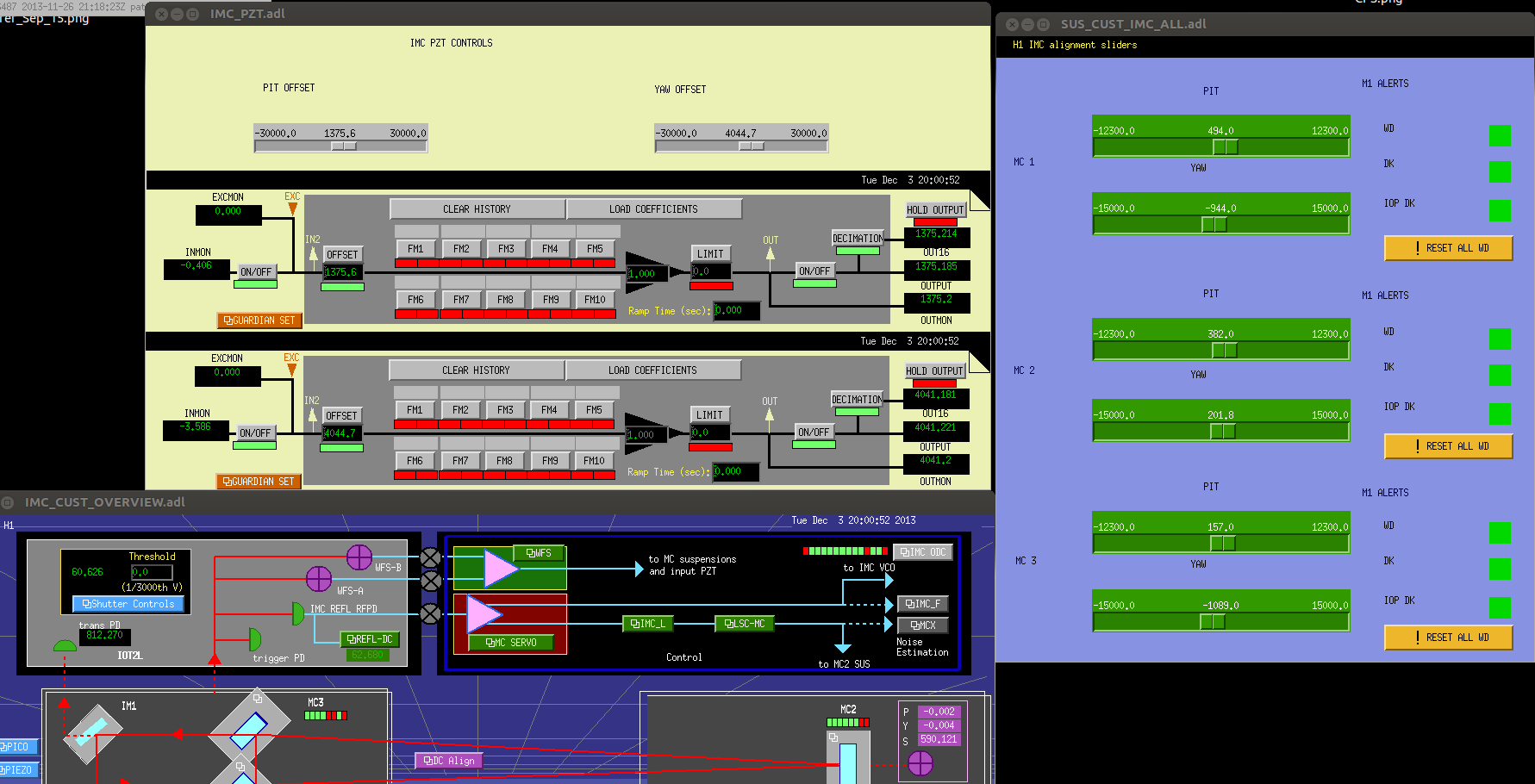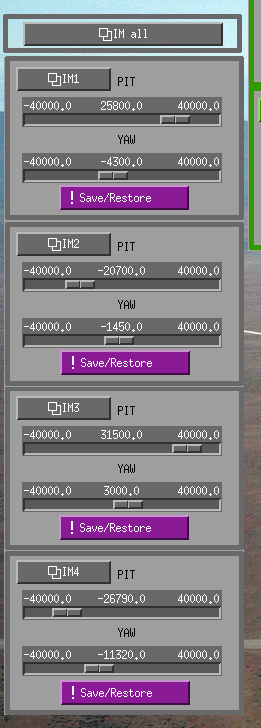After the ACB crew finished this morning, Travis, Jim and I finished the rest of the closeout work:
- Reapplied FC to ETMx-HR thin alignment windows
- Set and secured all 72 ETMx SUS EQ stops
- Set 4 top stage BOSEMs to counter upcoming buoyancy shift under vac (Left, Right BOSEMs on M0 and R0)
- Removed the ACB locking bracket and 4 screws
- Performed chamber inspection for tools, FC on viewports, tokk a few pix, etc.
- Wiped and wiped and wiped some SUS, ACB, TMS surfaces and the floor many times ("good" IPA + alpha 10 wipes)
- Added a witness plate to the vertical holder mounted off the bottom of the front of the QUAD lower structure (LS)
- Added a 1" witness optic + PEEK holder to side of the QUAD LS
- Pulled the FC from the ETMx-HR and blew with ~10psi Top Gun N2 and inspected
- Blew the TMS telescope mirrors - didn't look great, but lots of stuff lifted with the blowing
- Unlocked the ISI
- Damped ETMx to make sure it seemed healthy
- Placed 2 witness plates (not in holders since I didn't have any with me), one directly under the QUAD, one under the front of ACB towards the tube (these should be pulled asap at next vent!)
- Left Apollo to toss the door on








